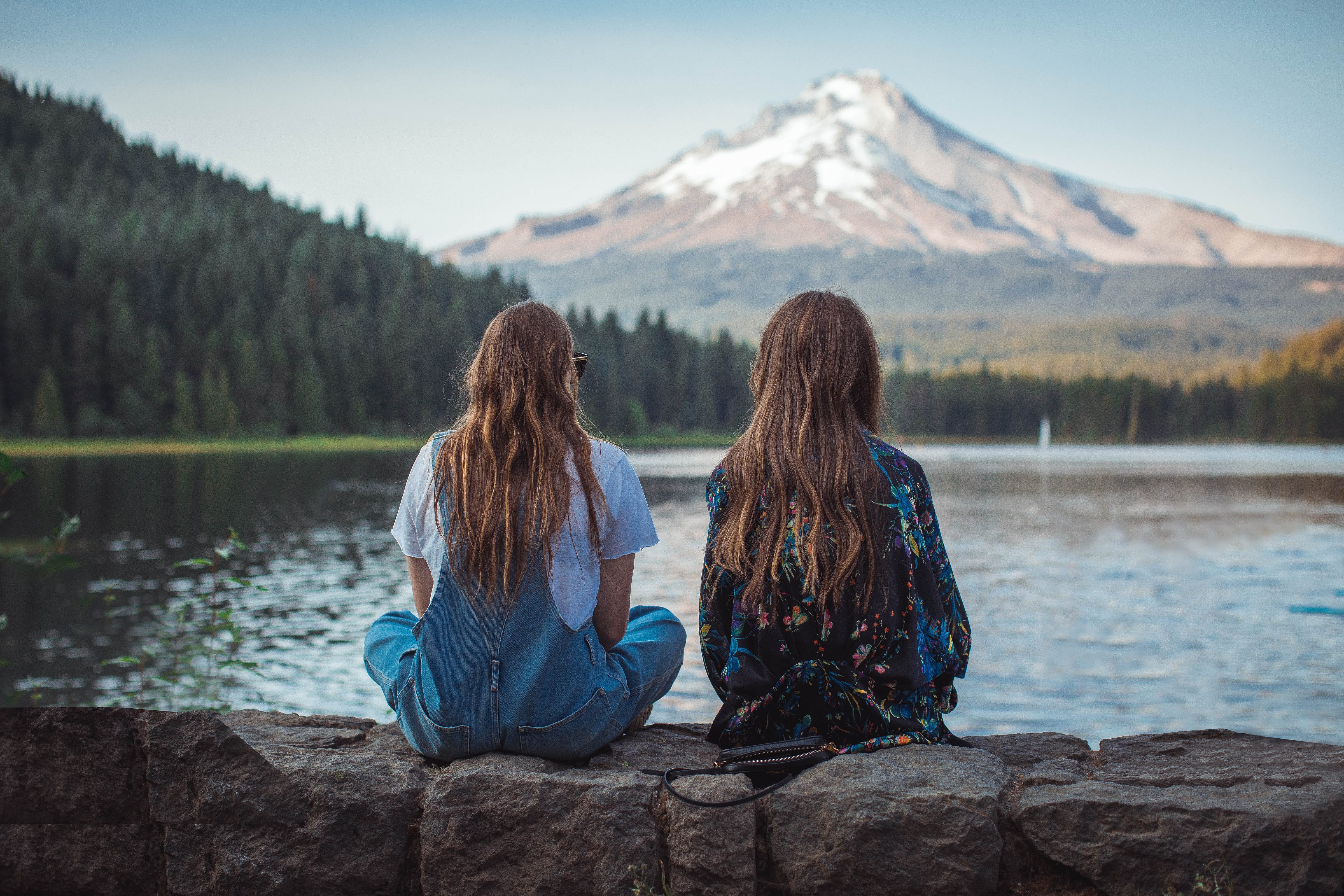
This is the last in a series of five pieces about changing the register, which just means engendering the attitudes and behaviors we want to see in ourselves by intervening in the cultural landscape instead of manipulating people. The first three interventions were to Denaturalize Power, Trigger Agency, and Resocialize People. I saved the best one for last.
Our experiences of collectivity engender a state of awe. This is what people are after when they attend a festival, a rave, a concert, or even a museum or natural wonder. It’s not just a fleeting high that we get, but an experience of the dissolution of self and a sense of connection to everything else.
It’s awesome and real. It’s also pro-social and capable of helping us mobilize to achieve collective eudaimonia: an ideal from Aristotelian thought that venerates the liberated condition of universal flourishing.
As scientists are currently learning, an experience of awe makes a person more generous while also regulating cytokines for a more balanced immune response. Cultivating awe means creating opportunities for people to shift from the short-lived pleasure of an online hit (dopamine) to the longer-term social openness of true connection (oxytocin). Awe means experiencing oneself as part of something greater.
To the current, individualist mindset, such connection sounds frightening: it seems like a diminishment of one’s individuality and freedom. Awe, intimacy, and group consciousness seem to compromise self-sovereignty and claims to ownership (IP!). In actuality, awe opens us to the fuller realization that our individual and collective identities are mutually reinforcing. Instead of embracing awe, however, the frightened individual panics. We build walls instead of tearing them down.
I discussed the difference between panic and awe at length in my book Present Shock. I tried to show how digital technologies “collapse” narrative, and suggested how this could lead vulnerable people toward paranoid and conspiratorial substitutes for linear story. We have seen that sad possibility play out even worse than I feared.
Instead of doubling down on the extractive and distracting technologies that substitute for awe with shots of adrenaline, we must employ styles of education and arts that engender more of an embrace of the moment. Through experiences of awe, we build tolerance for a sustainable present. It may also mean breaking free of the styles of narrative on which we’ve become to dependent: stories with beginnings, middles, and endings. Crisis, climax, and sleep. They train us to see that heightened state of awareness as unsustainable. Worse, they train us to believe that an ending is desirable. The hero is either victorious or vanquished, but at least the story ends and we know who “won.”
Instead, dispensing with finite games for infinite ones and embracing awe as a steady state possibility, we can create theater, film, TV, research and education that promotes the collective dynamic over individual assessment and achievement. We encourage the creation of art and culture that is recalibrating, and technology that is non-abrasive to the nervous system. Stuff that engenders awe.
We stop using technology on people in an effort to program them, and instead provide the tools, sensibilities, socialization, and courage we need to program the world ourselves, together.
That’s the register I’m aiming for. Not a new ledger through which to do our accounting, but a new register in which to sing the human song, together.